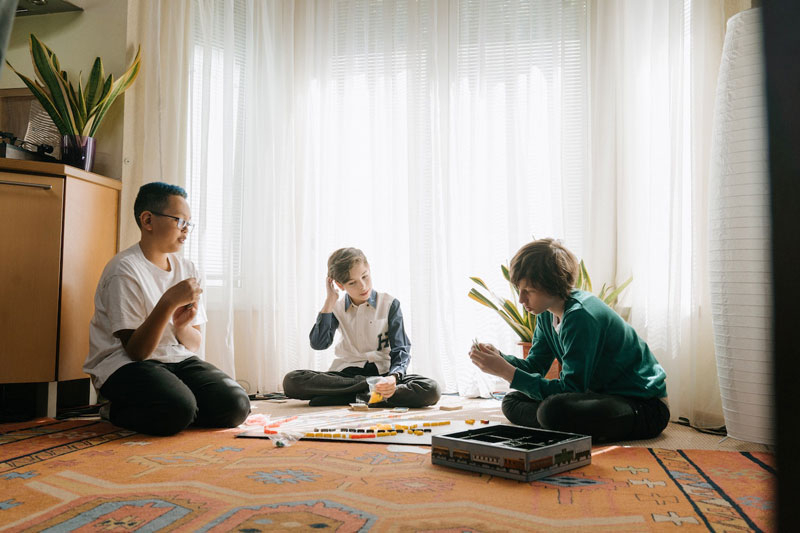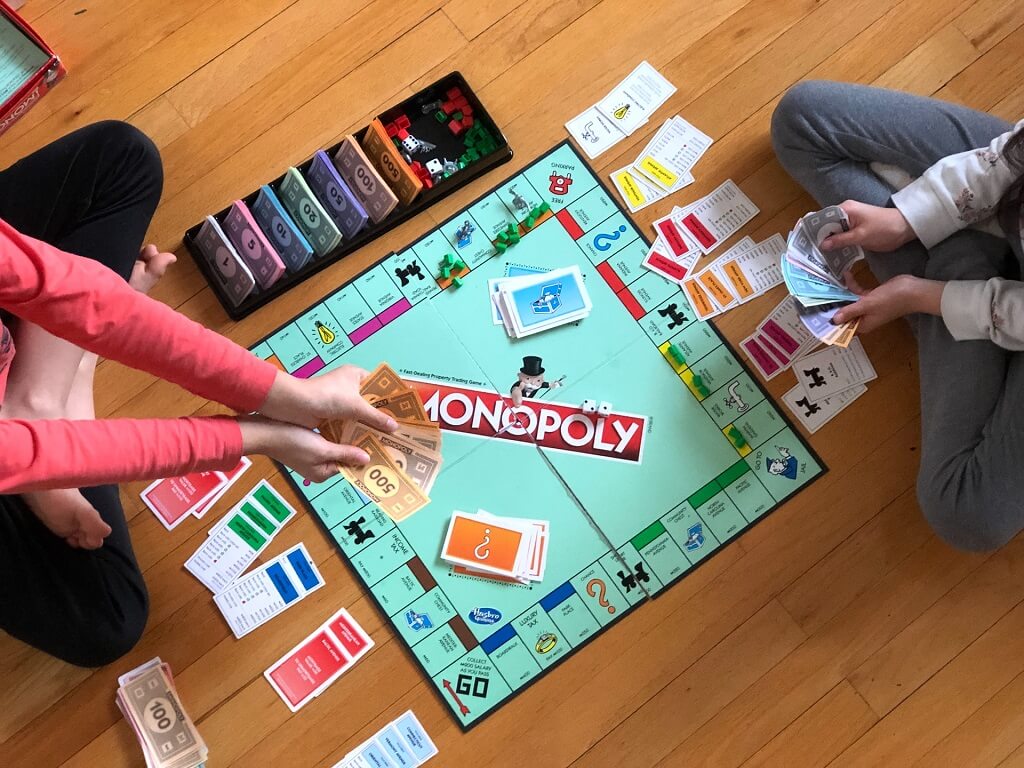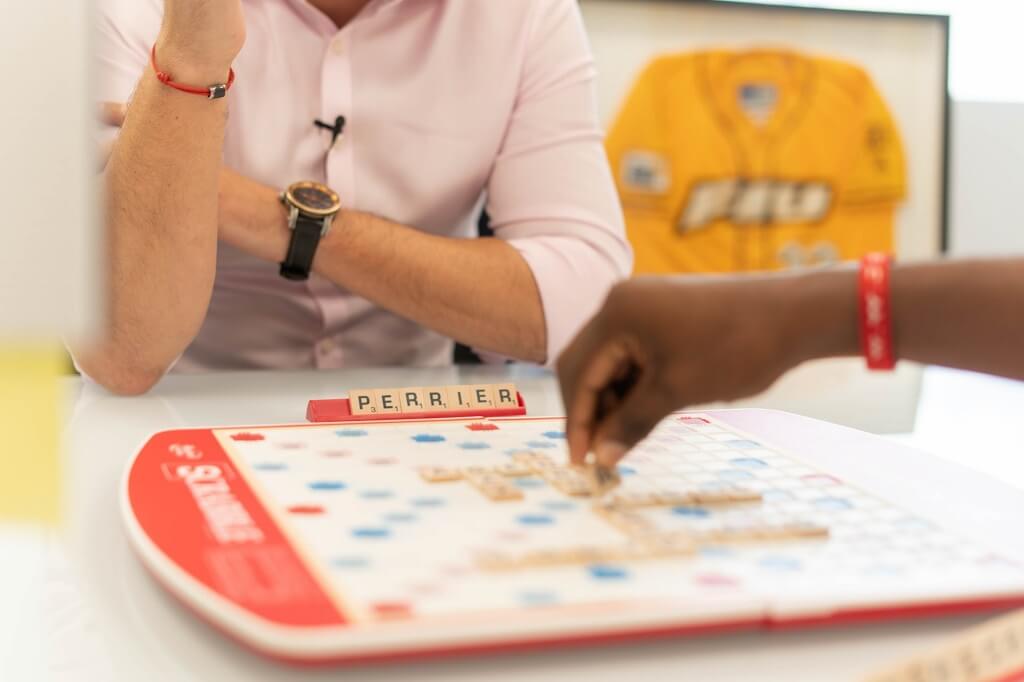When you create a board game, it’s very easy to go overboard with changes and some cards or items can be overpowered. So, it’s very important to think about balance beforehand to ensure things are fair for everyone. Otherwise, every player will try to take advantage of the game’s weaknesses.
Table of Contents
1. Come up with different strategies and test them
We think that constantly testing your board game and coming up with strategies helps. The main focus here is to ensure that every strategy has a counter. If a strategy doesn’t have counters, then it can be unbeatable and thus your game will not be balanced. Also, you want to discourage passive play where people farm resources and then become very strong at the end. That makes the game very boring.
Instead, the main focus is to try and ensure that you adapt the rules to make the game fun. If you are experimenting and find strategies that make the game easier and less fun, change things. It will take a lot of tries to ensure that your game is fully balanced. However, the benefit is that it can offer you a way to balance your game and provide consistent gameplay.
2. Change costs and effects
Every game card or item that you use in the game needs to have a good use and not feel overpowered. The thing is, it’s all relative. Some effects within the game might be too powerful. When that happens, you want to shift things up. A good idea is to start with a baseline, which in this case is the least valuable card or resource.
Give that card a value and then scale every other card/item according to that. If a resource is meant to be very powerful in the game, make it very hard to get. If your game has a set, ensure that it can take a while to reach that set. Scale things up according to the baseline. However, you need to be careful here. You need to avoid situations when you make things too hard to get, as it might feel unreachable.
3. Shift things up if you have an asymmetric game
Sometimes you have games where that are meant to have a group of people against 1 or 2 persons. If that’s the case, balancing becomes very different. The idea here is that you want to make the person with the disadvantage more powerful, but not too powerful. You can increase their abilities, and also offer them more resources. Or you can avoid that and bring cards/items with disadvantages for the larger group.
4. Balancing game objects
There are board games that allow you to acquire units and new items. You want to balance their cost accordingly, with very powerful items being the most expensive. If you’re allowing unit purchases, you want to adapt things like combat strength, movement rates and abilities to the total cost. Doing that brings more balance, while still making the game fun to play.
Using math and constantly testing game strategies will help balance the game a lot easier. Aside from playtesting, it’s also a good idea to rely on your instincts as a game designer. You want the game have greate experience, without having overpowered items. Or if you do want to have world-ending or high power items, make them extremely hard to reach. That way only skilled players can reach them. Make them very hard to get to, so anyone that reaches those will feel rewarded.
5. Make a single change at a time
One of the problems that most game designers face is they try to change too many things at once. That becomes an issue, because making a single change at a time is a much better idea. You can bring things back if the change was not ok, without affecting the general balance of the game. But if you make too much changes at once, that’s a huge issue.
Final words
Balancing a board game can be hard to do, and it will take lots of time. It’s also a very biased decision, since you want to get it to a point where it feels right and fun to play. Constant playtesting and implementing the ideas above will help enhance the game experience. On top of that, making a single change at a time is ideal, since you can always revert. Then, with some other changes, you can ensure the game has proper balance and it’s very fun to play.




